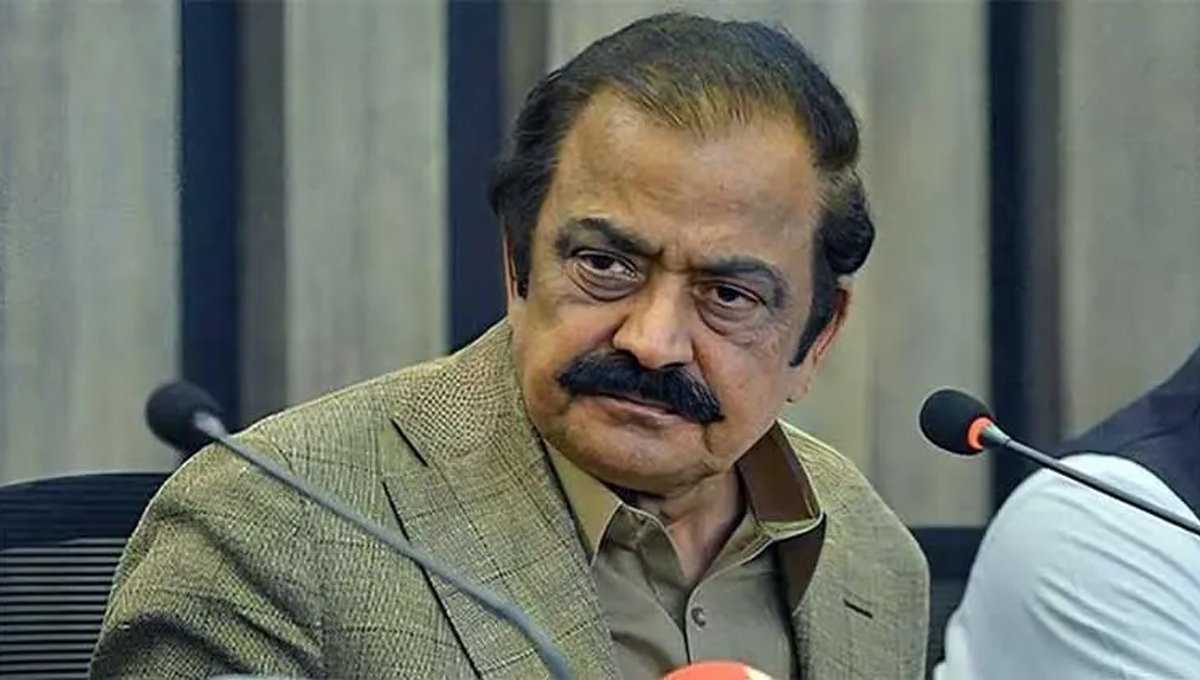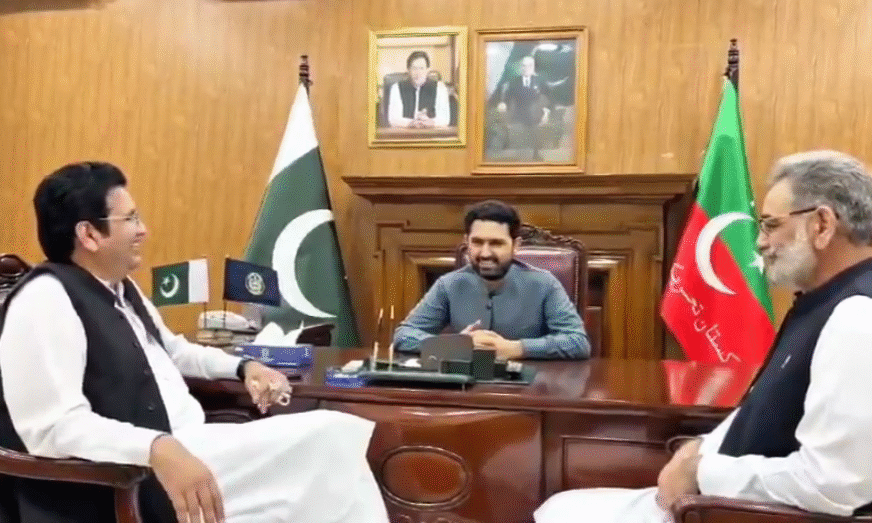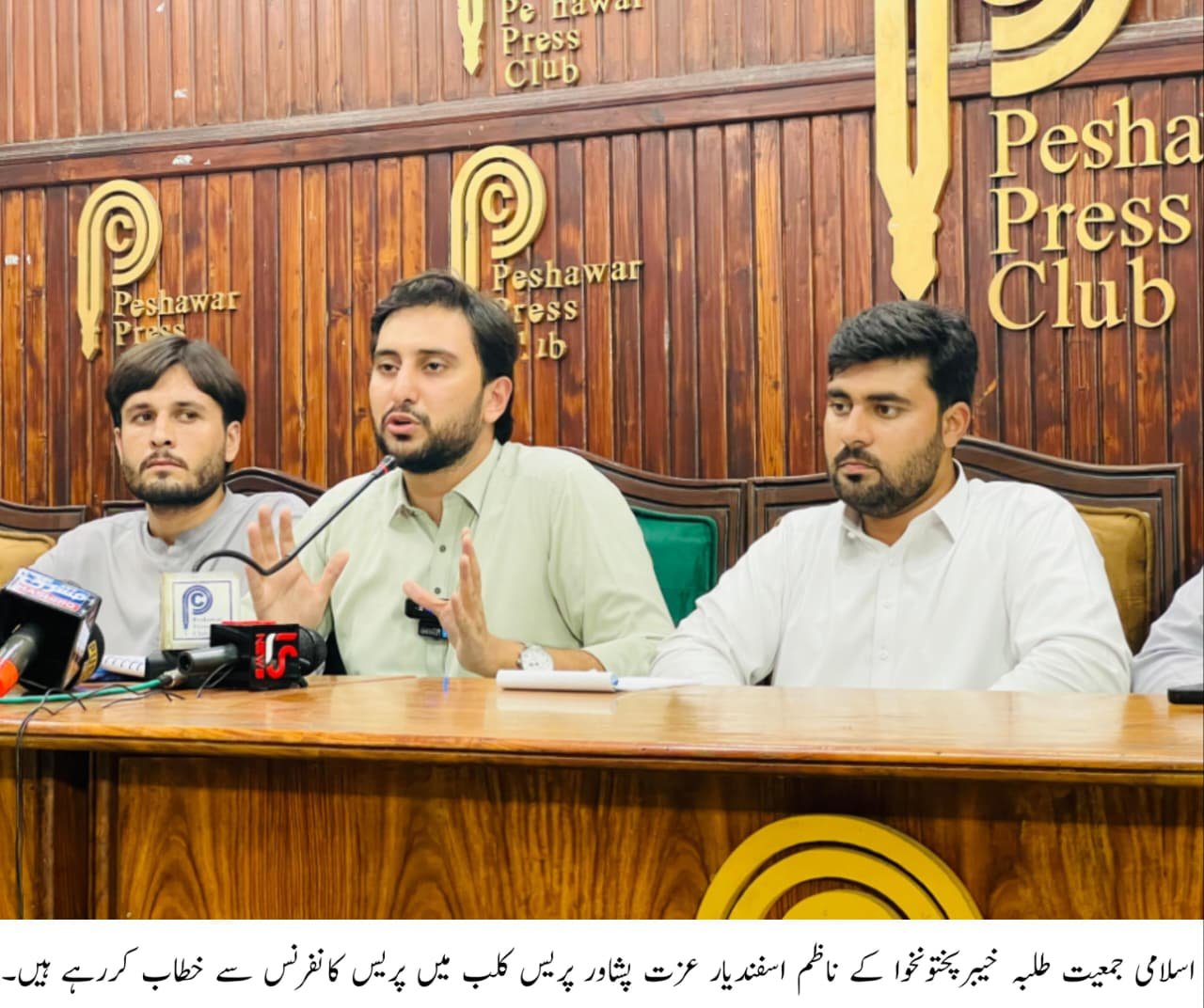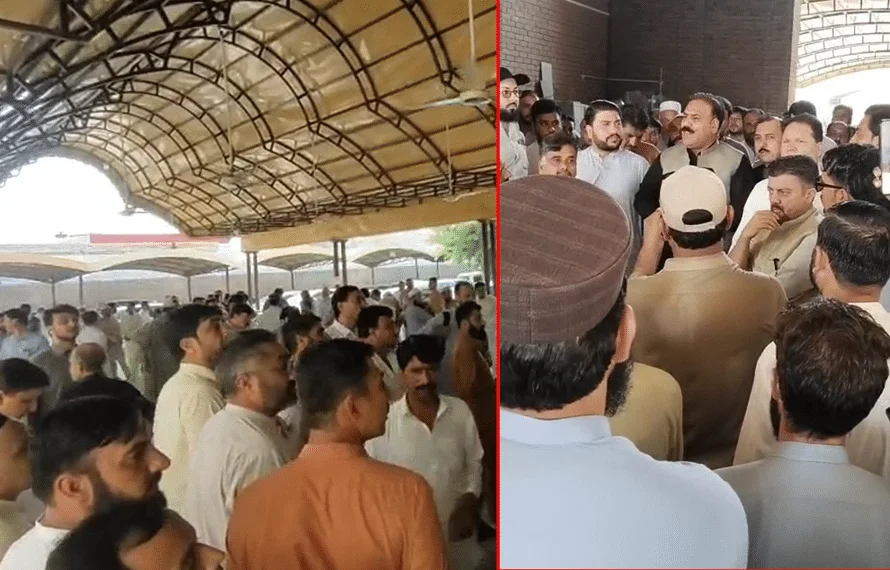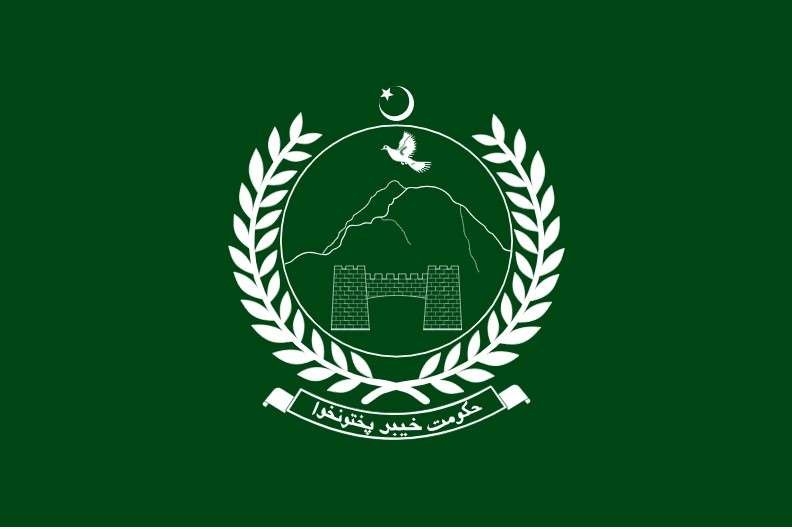National conference at Peshawar University calls for youth-led climate action and global cooperation
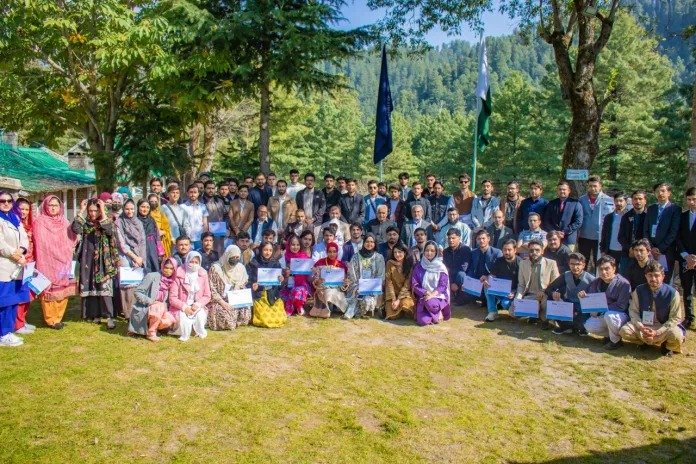
A national conference titled “Building Resilient Future: Climate Adaptation, Historical Change and Global Cooperation” concluded at the Baragali Summer Campus of the University of Peshawar.
The same important event, supported by the Directorate of Youth Affairs, Government of Khyber Pakhtunkhwa, provided a vital platform for scholars, researchers and youth from across the country to exchange ideas on climate resilience, sustainable development, and global cooperation.
The conference was jointly organized by the China Study Center, Departments of International Relations and History of Peshawar University, in collaboration with The Natives, which featured extensive discussions on the environmental challenges confronting Pakistan and the role of youth and academia in addressing them.
Vice Chancellor University of Peshawar, Prof. Dr. Johar Ali, graced the closing ceremony as the Chief Guest, while a large number of academicians, researchers, policy experts and youth representatives participated in the event.
Prominent speakers included Dr. Altaf Qadir, Chairman Department of History; Dr. Noor Sanauddin, Director China Study Center; Zia ur Rehman Zia from the Department of International Relations; Khalid Mehmood, CEO The Natives; Dr. Husnul Amin, Director NIPS Quaid-i-Azam University Islamabad; Dr. Asif Dawar and Dr. Hashmat Ullah from NDU, while Dr. Maleeha Zeba Khan from NUML among others.
More than 150 youth participants from the Newly Merged Districts (NMDs) and other regions of Pakistan attended the conference, during which 26 research papers were presented.
The participants gained valuable insights into climate adaptation strategies, policy formulation and practical approaches to mitigate environmental degradation.
The conference called for stronger policy dialogues, population management, integration of climate education into curricula and greater utilization of seminaries and community centers for climate advocacy.
Speakers also stressed the need to reform corporate social responsibility (CSR) frameworks, analyze industrial impacts and undertake social action projects for environmental protection.
The participants urged that Pakistan’s climate losses be highlighted at international forums to attract global attention and cooperation.
Speakers and participants lauded the Directorate of Youth Affairs Khyber Pakhtunkhwa for supporting youth-led climate initiatives and for enabling young researchers to contribute meaningfully to the national and global discourse on climate resilience.

